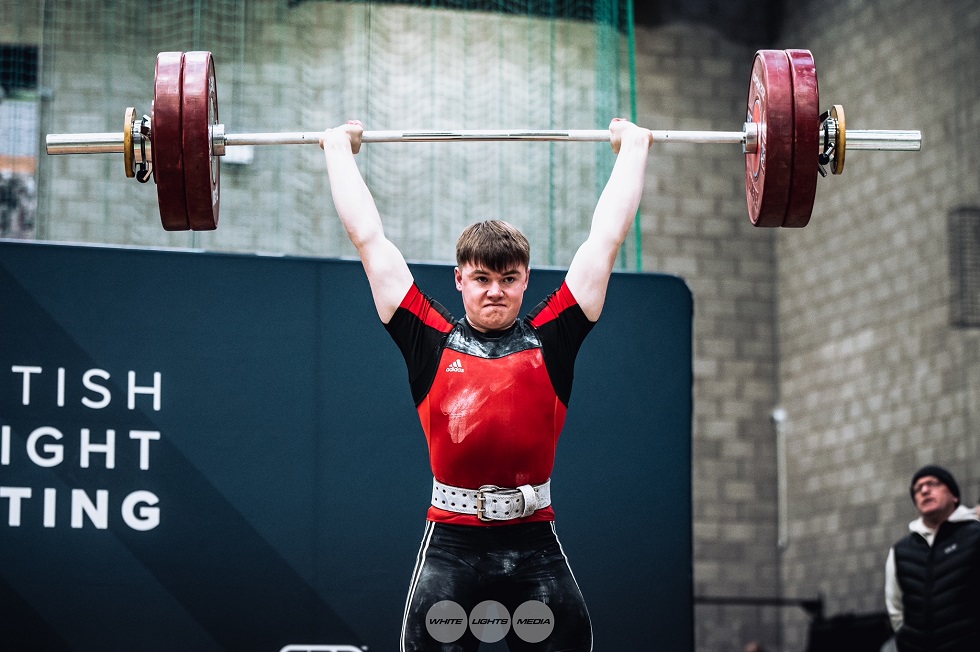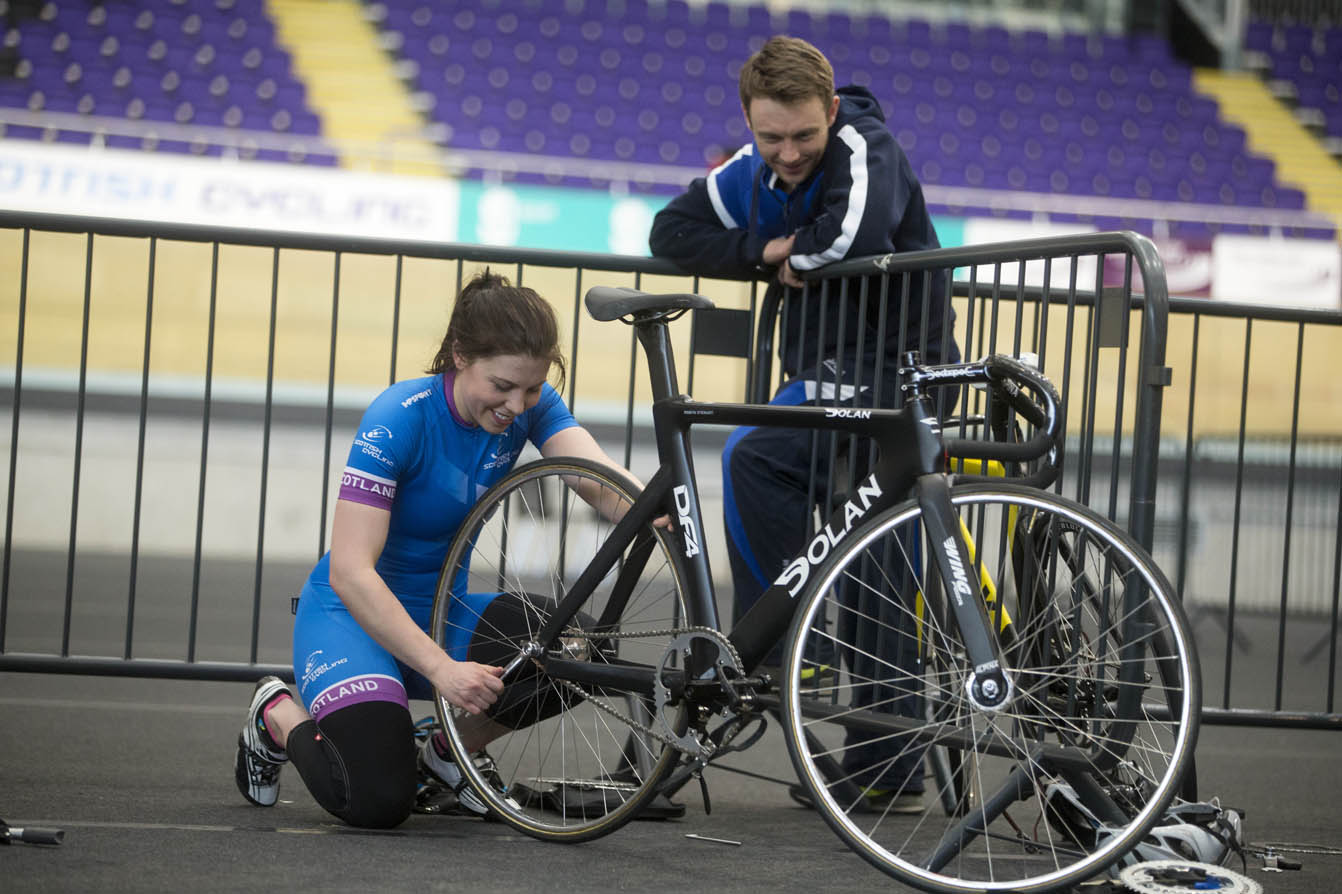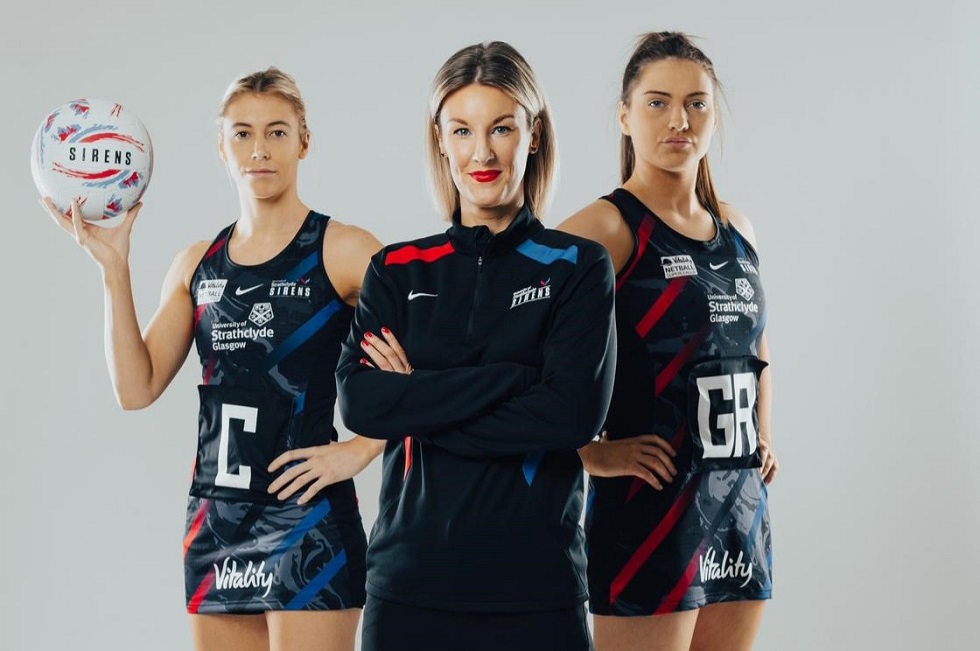In November 2021, nineteen-year-old weightlifter, Ross Sinclair, from Orkney was preparing for the British Age Group Championships in Yorkshire. It should have been a straightforward, if lengthy, journey from Kirkwall to Harrogate, but Storm Arwen hit the UK bringing widespread travel disruption and Ross’ epic voyage began.
“I was competing on the Sunday, so had taken four days off work; one day to travel down, one day to chill out, one day to compete and one day to get back up so I could work on the Tuesday. But on the Friday, all the flights to Edinburgh were cancelled due to the weather. I tried to get on other flights to Glasgow, Inverness, Aberdeen, anywhere on the mainland, basically, but nothing was going, no boats or anything.
Planes, trains and automobiles
"I had enough time that I could still get down the next day so I got the 10am flight from Kirkwall to Edinburgh on the Saturday and at that point the trains were all running. But on the flight I got talking to a woman who was travelling to London, which is the same route as York, and she told me that all trains on the East coast line had been cancelled. At first, I didn’t believe her so had to check for myself, but she was obviously right, and I was just in denial! Trains were still running from Glasgow so when we landed we headed West but by the time we got there all the trains and buses from there were cancelled too. I called a few car hire places but they couldn't hire to me as I’m a boy under the age of 21 and the risk was too great.
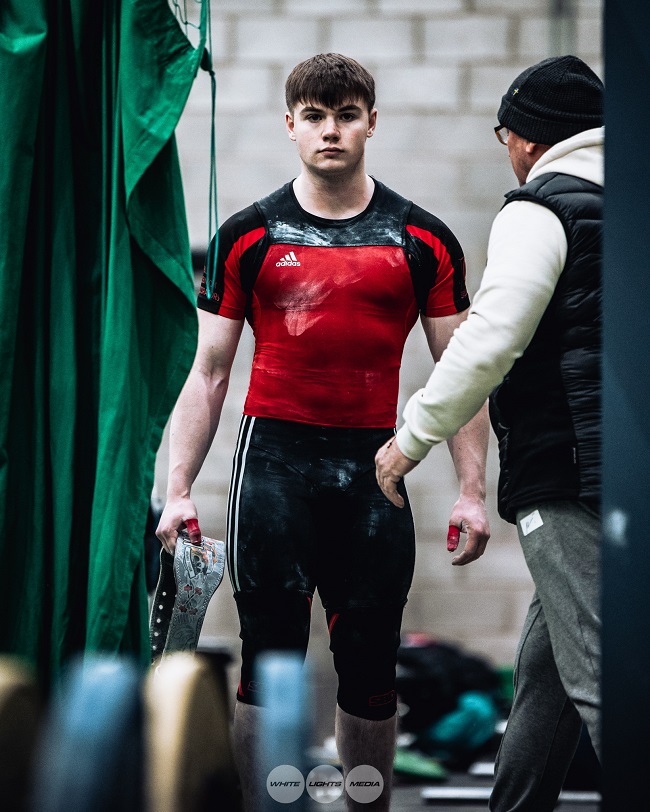 "At that point I thought, I either just turn around and go home or bite the bullet and get an Uber the whole way down. If it wasn’t an important competition or I hadn’t put a lot of effort into training
"At that point I thought, I either just turn around and go home or bite the bullet and get an Uber the whole way down. If it wasn’t an important competition or I hadn’t put a lot of effort into training
"I might have just gone home but after all the hours I’d spent training for this one thing and for something just to get in the way, I’m not like that, I needed to just get there and do it. I didn’t even look at the price of the Uber, I knew it was going to be horrific, so I just bought it.
“We were heading down the motorway towards Newcastle, which is where all the issues were with snow and accidents, and we got about halfway there when we had to turn back and take country roads because there were accidents completely blocking the motorways and main roads. It ended up being a five-hour Uber ride and I didn’t get to Harrogate until half nine at night having not had anything to eat most of the day.
"I got to my room and had to calm myself down from being stuck in a situation where you can’t do anything about it, but you can either take it on the chin or get frustrated. Obviously, I wasn’t happy one bit because it was a complete mess, but no one’s done anything wrong, it’s just things happening round about you making you frustrated which isn’t great preparation, but you can’t do anything about it. I managed to chill out for a couple of hours then get a decent sleep before heading for the competition on the Sunday.
“The night before, I thought this had completely ruined my chances because I was that tired and my legs were stiff from sitting down all day. But I hit 110kg snatch and 133kg clean and jerk which was a 243 total, only four kilos off my best and under those circumstances I was pretty delighted. It was enough to win my age group so it was all worth it in that moment.
“I’d spoken to one of the coaches about my journey and luckily Weightlifting Scotland offered to pay towards my expenses, I just needed a copy of the Uber receipt – that’s a receipt I’ll be keeping for a long time!”
Athlete Travel Award Scheme
Ross is supported by the Athlete Travel Award Scheme (ATAS) which is funded by sportscotland and local councils in Orkney, Shetland, Comhairle nan Eilean Siar and Highland. It aims to ensure talented athletes from those local authorities have access to the same opportunities as athletes living on the mainland. Successful athletes can benefit from up to £1,500 from the programme to help with travel and accommodation costs when attending training and competitions.
Ross highlights how it helps him; “ATAS funding helps a lot. You’d be able to scrape by without it but having it makes it a hell of a lot easier. For example, I went down to a competition in Arbroath and usually would just get the boat to Aberdeen because it’s cheap, but I could get a flight because of this funding. If you get a boat the night before and compete on the day you’re not actually mentally and physically rested enough to perform well because it’s not the optimum way to travel. This funding has just made it a more efficient way to get down there and you can perform better because you are rested. It also helps with accommodation if you need to stay over. For example, in Harrogate there were no Premier Inns available, but I could book an apartment room for a couple of nights.
It (ATAS) just basically makes it a lot easier for athletes to be prepared for their competitions. That’s how it should be and it’s a brilliant thing to have.”
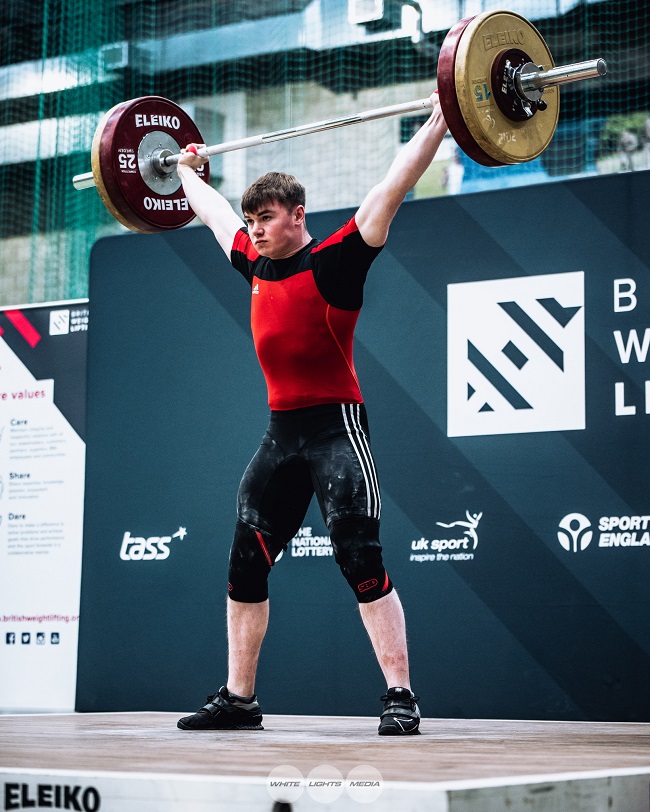 Ross combines training with his job offshore working on a 12-day rota with 16 days off. On a normal working day, he gets up at five in the morning to get the 6am boat, does a full day of work getting back to Kirkwall around 7pm and that’s when he trains. Then it’s home, eat, sleep and do it all again the next day. But despite the gruelling schedule, Ross has big ambitions for his sport.
Ross combines training with his job offshore working on a 12-day rota with 16 days off. On a normal working day, he gets up at five in the morning to get the 6am boat, does a full day of work getting back to Kirkwall around 7pm and that’s when he trains. Then it’s home, eat, sleep and do it all again the next day. But despite the gruelling schedule, Ross has big ambitions for his sport.
“This year I’d like to go to the British Championships and win again. If I could qualify for the British seniors this year, that would be pretty good, especially as an under 20 athlete. I’m still a junior for another four years really. Ultimately, I’m aiming for the Commonwealth Games in 2026. That would be the dream.”

